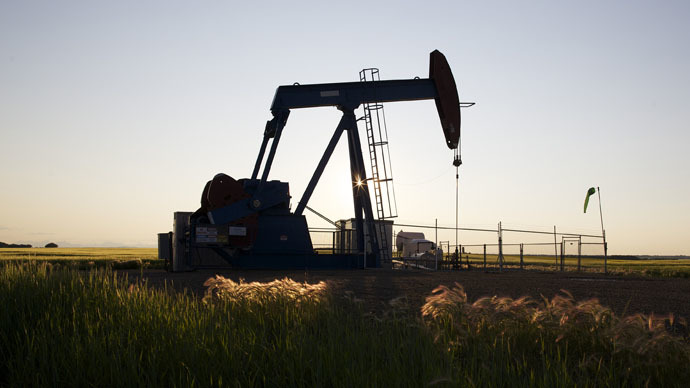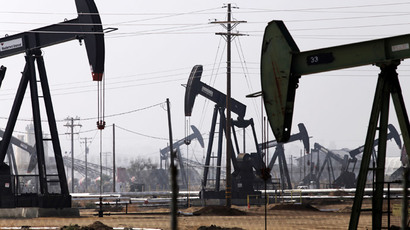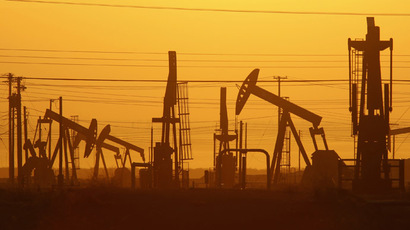Budget cuts a priority before looking for other revenue sources – Alaska Gov. to RT

Facing a $3.5 billion budget deficit following a huge drop in oil prices, Alaska is looking for ways to cut spending and cover the gap in an open and transparent way, Alaskan Governor Bill Walker told RT.
READ MORE: Alaska’s budget sinks as oil continues dramatic fall
RT:How is the low oil price affecting the state budget at the moment?
Bill Walker: Well, it has created a deficit situation of about $3.5 billion for this coming year. So it is a significant impact.
RT:So it is a huge budget fall even in a state like Alaska, which has a relatively small population. You’ve announced sizable budget cuts including to schools and social services. Do you think there could be a backlash for this? What kind of public response are you expecting?
BW: I don't think so. Certainly there could be, but we have done a good job of making sure Alaskans understand the fiscal situation they were in. They know what I know. So I think they are more resilient because of the open and transparent process.

RT:So at this point, what kind of alternatives are you thinking of in order to fill this gap? For example, I understand that Alaska has no sales tax or income tax. Are you coming up with any creative ways around this?
BW: I’m sure at some point more traditional sources of revenue will be considered. But right now, we are sort of in the process of looking at what we can consolidate, what we can do more efficiently, etc., and sort of make some reductions first, and we think that is a correct priority before we try to look at different sources of revenue. So that is what we’re doing now – looking at the expense side.
RT:In terms of revenue, Alaska's second source is from the federal government. Have you reached out to federal officials and gotten any response from them?
BW: Actually, we have not in that regard. We have worked with them as far as more resource development...our oil pipeline in Alaska is about ¾ empty and so we’d like to put more oil into it. And one way we can increase the revenue is by more oil. So we are working on that part as well.
RT:In terms of oil in Alaska, President Obama has said the Alaska Wildlife Refuge should be protected. State officials, as I understand, have said this is an attack on Alaska’s sovereignty. What is your take on that?
BW: Well, I joined the others of our federal delegation in the legislature in saying that what the president did was not in Alaska’s best interest. We think it is in violation of prior agreements we’ve had with the federal government. And so we’re pushing back and are looking for ways of resolving that particular issue.














